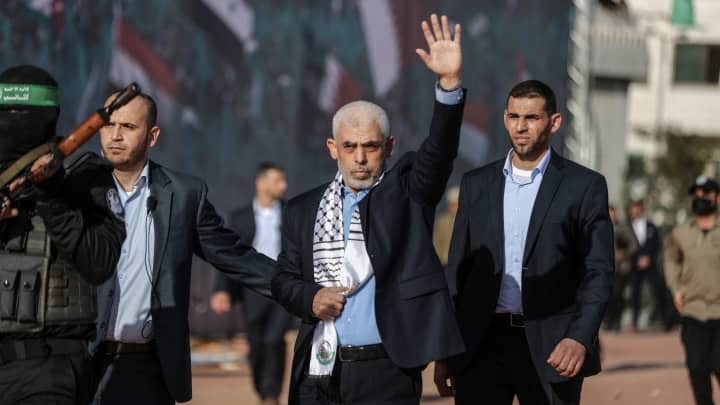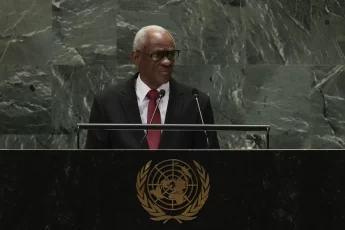Last week, Hamas appointed Yahya Sinwar as the leader of its political wing, following the assassination of its former chief, Ismail Haniyeh. This shift in leadership marks a significant turning point for the organization, with Sinwar’s rise signaling a more hardline stance, potentially affecting the already fragile relations in the region.
Who is Yahya Sinwar?
Yahya Sinwar is a prominent figure within Hamas, known for his extreme views and militant background. Born in the Khan Younis refugee camp in the Gaza Strip, Sinwar has been involved with Hamas since its early days. Over the years, he rose through the ranks of the group’s military wing, the Izz ad-Din al-Qassam Brigades, and has been deeply involved in the organization’s armed activities.
Sinwar’s history is marked by his staunch opposition to Israel and his refusal to engage in negotiations. He was imprisoned by Israel for over 20 years for his involvement in terrorist activities but was released in 2011 as part of a prisoner swap deal. His time in prison only served to solidify his hardline views, and upon his release, he quickly resumed his role as a key figure in Hamas.
A Shift Towards Extremism?
Sinwar’s appointment is seen by many analysts as a move towards a more extreme stance within Hamas. Unlike his predecessor, Ismail Haniyeh, who was considered more of a pragmatist, Sinwar is known for his uncompromising views. His leadership could signal a reduction in Hamas’ willingness to engage in any form of dialogue with Israel or the international community, potentially escalating tensions in the region.
Under Sinwar’s leadership, there is a concern that Hamas may intensify its militant activities and further distance itself from the possibility of a peaceful resolution to the Israeli-Palestinian conflict. His history with the Qassam Brigades and his refusal to recognize Israel’s right to exist suggest that any form of negotiation or compromise is unlikely during his tenure.
Implications for the Region
Sinwar’s rise to power comes at a critical time for the Middle East. The region is already dealing with numerous conflicts, and the appointment of a hardliner like Sinwar could further destabilize the situation. For Israel, Sinwar’s leadership poses a significant challenge, as his militant stance may lead to increased hostilities and violence.
For the Palestinian people, Sinwar’s appointment could mean a continuation of the status quo, with little hope for progress towards peace or improved living conditions. Hamas under Sinwar is expected to continue its focus on resistance against Israel, rather than seeking diplomatic solutions or addressing the economic and social needs of the people in Gaza.
Conclusion
The appointment of Yahya Sinwar as Hamas’ new political leader marks a significant shift towards a more extreme and uncompromising stance. His history and views suggest that Hamas, under his leadership, will be less willing to engage in dialogue or compromise, potentially leading to increased tensions and instability in the region. As the situation unfolds, the international community will be closely watching to see how Sinwar’s leadership affects the already delicate balance in the Middle East.






